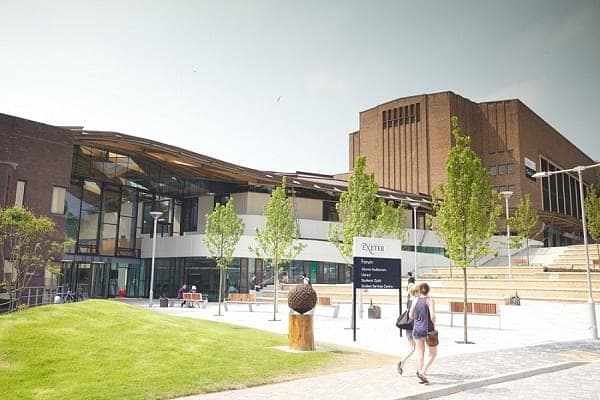Environmental science is a quantitative and interdisciplinary approach to understanding and managing the world in which we live. Environmental scientists are concerned with understanding spatial patterns in physical, biological and chemical phenomena in the Earth’s system at local, regional and global scales. They find appropriate solutions to environmental problems by assessing, reporting and quantifying environmental risks. They work in areas as diverse as contaminated land assessment and remediation, natural resource management, practical conservation, pollution mitigation, ecosystem service assessment, environmental monitoring, mapping and consultancy.
This degree in Environmental Science will give you the skills and expertise you need to address the world’s greatest challenges in climate change, such as biodiversity, sustainability and environmental decision-making. The additional fourth year provides an opportunity to work on a project focused on a specialised area of academic research.
The modules we outline here provide examples of what you can expect to learn on this degree course based on recent academic teaching. The precise modules available to you in future years may vary depending on staff availability and research interests, new topics of study, timetabling and student demand.
Year 1
Your first year will provide you with a solid scientific grounding in themes and topics of the integrated environmental sciences. Core modules will give you a broad range of knowledge, allowing you to pursue your interests further on in your degree.
- Earth System Science
- Global Issues in Environmental Science
- Environmental Science Tutorials
- Marine and Environmental Science Field Course
- Introduction to data science
- A Legal Foundation for Environmental Protection
Year 2
In your second year, you have more flexibility to explore your interests, tailoring your degree through module choice. You will also gain a more detailed understanding of key issues and practical training in implementing environmental science strategies.
- Geographical Information Science and Systems
- Remote Sensing for Environmental Management
- Environment and Sustainability on the Isles of Scilly [See note b above]
- Second Year Tutorials
- Research Design and Methods
- Environmental Regulation and Redress
Year 3
In your third year, you will gain specialist training in the skills necessary to acquire jobs in the environmental sector. You will have an opportunity to specialise in your preferred subjects through an independent research dissertation and a choice of optional modules.
- Dissertation in Environmental Science [See note c above]
- Preparing to Graduate
Final year
The final year provides an opportunity to work on a project focused on a specialised area of academic research; this project will normally be related to and advance beyond your third year research dissertation project. The remainder of your time will be spent learning more about environmental science and sustainability, and on a two-week residential field course in which your scientific field-research, debating and presentation skills will be further developed.
- Academic Research Project
- Global Challenges Field Course (MSci)
- Applied Data Analysis


